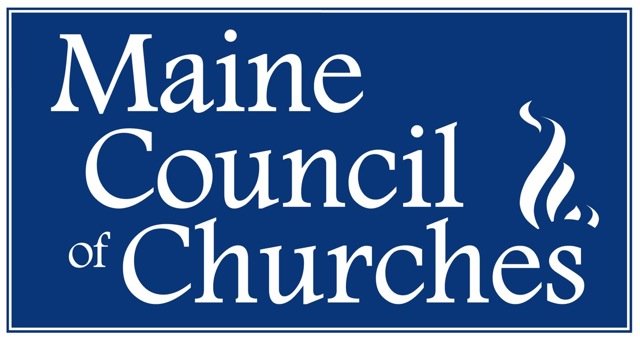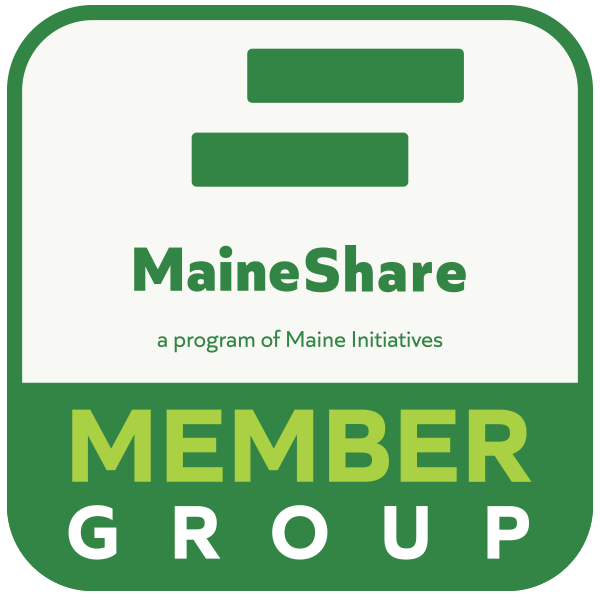The Rev. Dr. Jodi Hayashida: A more humane approach to drug addiction
One of the primary demands of people of faith is that we acknowledge that every life as sacred and therefore love one another in word and deed.
For decades we have been told that, strange as it seems, the best way to love one another when it comes to drug use is through preventative and rehabilitative punishment. Through the years, however, we have seen the cost of this distorted reasoning — communities decimated, recovery undermined and lives lost. Last year, a Mainer died almost every day from an overdose, according to the Attorney General’s office.

The Rev. Dr. Jodi Hayashida
At what point do we say enough? At what point do we embrace proven solutions that will save lives and emphasize compassion for our fellow Mainers, instead of locking them away?
It is time to let go of the failed methods of incarceration and punishment and move toward the life-saving and evidenced-based practice of harm reduction.
Incarceration has long been one of the nation’s primary tools in combating drug abuse. The threat of incarceration, we have been told, will prevent people from using drugs, keeping the people we love safe. And if they are already using, we have been assured, incarceration will help them get clean.
As a result of this reasoning, our prison population has exploded, driven in part by the shift to a growing number of for-profit prisons that threaten to sue states that don’t jail enough people. In addition, people of color and people living in poverty have been incarcerated at much higher rates and for longer terms than middle class and wealthy white folks.
At the same time, we have learned more about the science of addiction and now understand that, in most cases, punishment is not only unlikely to facilitate recovery but is also, in fact, likely to compound addiction.
And so, despite the millions of dollars we have spent locking our people up, the level of drug use has remained the same, and overdose deaths have soared. In short, current practice isn’t just ineffective; it is both destructive and immoral.
And so, morality demands that we do something different.
What we understand now is that harm reduction saves lives. Harm reduction is simply a set of practices, backed up by science and lived experience, which reduces the harm associated with drug use. It emphasizes compassion and understanding over criminalization and stigma. It recognizes that deeply rooted trauma is a common through-line for many who use drugs, and that in order to truly help people, we must break down the barriers of fear and stigma and address the root causes of that trauma.
It invites us to walk with people living with addiction instead of feeding them to an impersonal, voracious and broken justice system; hold people who are fighting for their lives with compassion instead of judgment; and provide resources to keep people alive for another day in the struggle.
This year the Maine legislature will take up several bills that meet the challenge of this moment head-on and actively practice the values of harm reduction, including LD 949, which would establish overdose prevention sites where Mainers are provided a space to use pre-obtained drugs in a safe environment and under the supervision of trained medical staff; or LD 1337, which would provide treatment and stable housing to Mainers experiencing homelessness. Advertisement
Harm reduction feels emotionally and spiritually hard for many of us. It may seem like enabling or even encouraging drug use. We have so thoroughly internalized the false narrative of salvation through punishment that it is difficult to imagine a different way. But our people deserve better. They need better. And no matter how it feels, we know better.
The Maine Council of Churches affirms that, right now, “loving one another in word and deed” means putting harm reduction policies and practices in place.
It is time to act.
The Rev. Dr. Jodi Cohen Hayashida is the minister First Universalist Church, UU in Auburn, and serves on the board and Public Policy Committee of the Maine Council of Churches.

